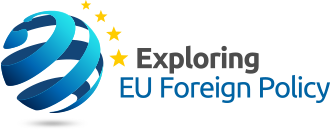Russia: Divergence and Convergence in Transatlantic Cooperation under the new Biden Administration.
The relations between Western democracies and Russia are increasingly challenging. Notwithstanding the continued need for collaboration with Russia on global issues like arms control, non-proliferation, climate change and fighting terrorism, Russia and the West have become increasingly estranged from each other. They have diverging interpretations of international law, democracy, human rights and security principles. Russia’s discontent with the European security order, its authoritarian turn, and determination to sow division and discontent among Western societies are unlikely to disappear in the near future. Hence, it is vital for the US and the EU to develop a common approach vis-à-vis Russia based on their current assessment of strategic goals, interests and values, and on the need to continue dialogue on certain issues. In the immediate aftermath of the US-EU and US-Russia Summits, how can the EU and US work more effectively together on Russia, increase convergence and limit divergence in transatlantic cooperation? These and other issues will be addressed in our closing transatlantic lecture. Distinguished speakers are Heather A. Conley of the Washington-based think tank CSIS, and Professor Lien Verpoest of KU Leuven. H.E. Jean-Arthur Régibeau, former Belgian Ambassador in Moscow and current Ambassador in the United States, has kindly accepted to moderate the discussion.
